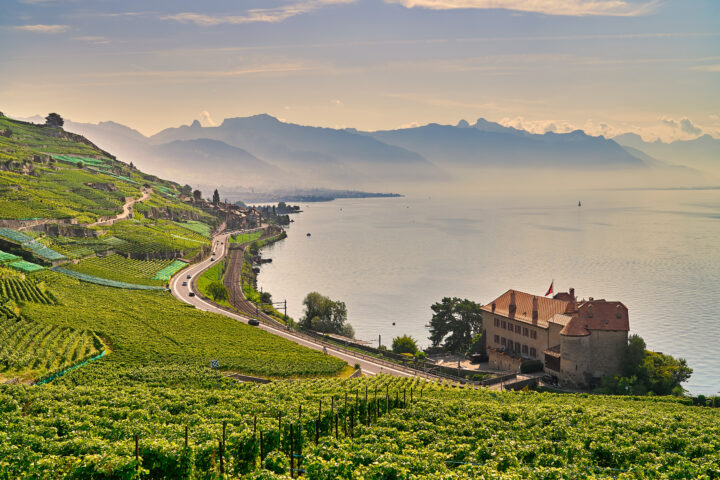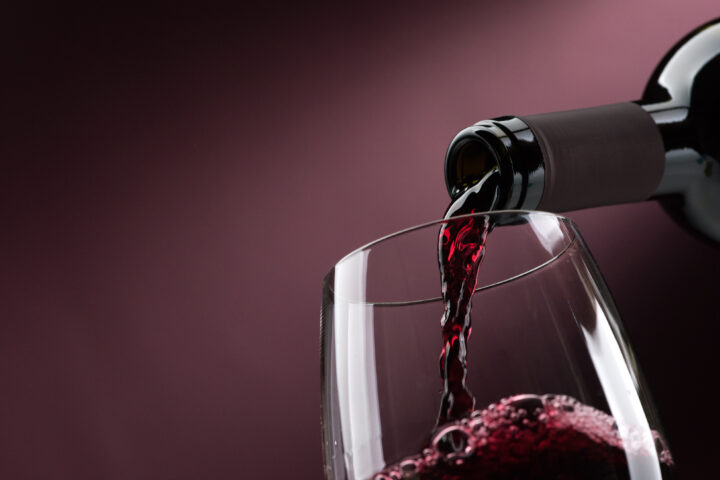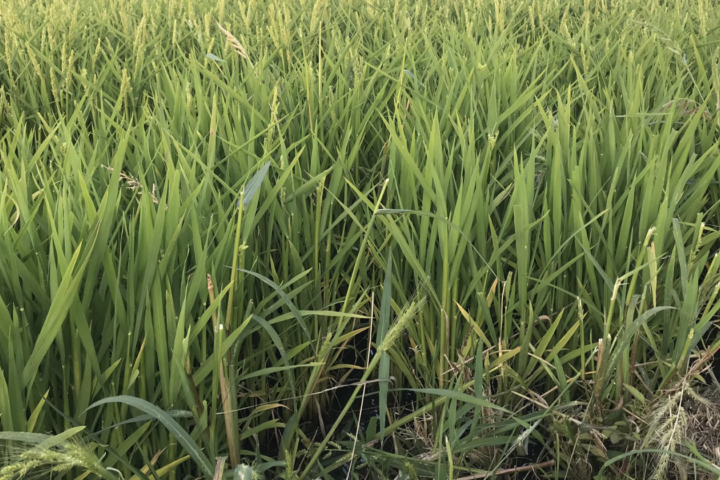
EU authorises glyphosate for another 10 years
The EU Commission has decided to endorse the assessment of the European Food Safety Authority, which found no critical problem areas regarding the effects of glyphosate on the environment and human and animal health. The EU Commission's science-based decision to extend the authorisation for a further 10 years is also a rejection of the scare campaigns by Greenpeace and Co.
Monday, November 20, 2023
The EU Commission's latest decision on glyphosate cannot please Greenpeace and its allied NGOs. After all, they have been criticising this pesticide for years: it is hazardous to health, even carcinogenic for humans; bad for biodiversity; a real insect killer - the list of accusations levelled at the pesticide is long and often shrill. The pesticide has been chosen by these circles to symbolise everything that they believe is bad about productive agriculture.
The EU Commission has now decided that this glyphosate can be used in the EU for another 10 years. Opponents of the Commission's decision will not only be hurt by the fact that the great efforts to ban the product in Brussels have not worked. The fact that the EU Commission's decision is based on sober scientific facts will weigh almost more heavily. As the NZZ writes in its report, the Commission was guided by the advice of the EFSA, the European Food Safety Authority. And this EFSA analysed a wide range of studies in July of this year and was "unable to identify any critical problem areas with regard to the effects of glyphosate on the environment and also on human and animal health". Anyone who is interested in evidence-based policy must be pleased with this sober justification for the continued authorisation of glyphosate.
Nevertheless, a stale aftertaste remains: the fact that the EU Commission was given the decision to extend the authorisation at all was due to the fact that the EU member states were unable to agree on a common line after years of negotiations. Neither the necessary qualified majority for a ban on glyphosate nor for a "possible extension of the authorisation" was achieved, as the NZZ writes. And so it was up to the EU Commission to decide. This shows that the shrill, unscientific campaign of glyphosate opponents is unfortunately making its way into the highest government circles in too many EU member states.
In Switzerland, the Federal Food Safety and Veterinary Office (FSVO) had already determined in 2020 that the so-called maximum residue levels of glyphosate in and on food are safe for consumers. They are about as carcinogenic as red meat, baking powder or hot drinks. This is a realisation that will hopefully prevail throughout Europe in the coming years - and not just in the EU Commission. Because glyphosate has many advantages. It is primarily used on agricultural land, i.e. on fields that do not serve as a primary habitat and food source for insects. Where wheat or maize is grown, a flowering meadow cannot provide food for insects at the same time (but around the field it can). It is used as a herbicide to specifically prevent troublesome plants in the field from growing. Weeds compete with the actual crop for light, nutrients and water and inhibit or prevent their growth. It therefore secures harvests. However, weeds can also directly jeopardise our health, especially in forms of cultivation where herbicides are not permitted. One example is toxic alkaloid-containing weeds in organic farming. However, glyphosate also plays an important role in no-till farming. The Federal Council also concludes: "Glyphosate application is more favourable than most alternative solutions in terms of its impact on the climate, soil protection and non-renewable resources."
Unnecessary fear of insidious poisoning
Glyphosate is certainly the most prominent victim of the campaign by Greenpeace and co - but not the only one. Fears of insidious poisoning are being fuelled time and again. In a remarkable interview with the Berliner Tagesspiegel, German microbiologist Andreas Hensel shows how misguided people's perception of the risks associated with pesticides is. Hensel has been the first president of the Federal Institute for Risk Assessment in Berlin, which analyses the safety of chemicals, since 2003. A particular focus is on consumer protection.
Sources
Kindly note:
We, a non-native editorial team value clear and faultless communication. At times we have to prioritize speed over perfection, utilizing tools, that are still learning.
We are deepL sorry for any observed stylistic or spelling errors.
Related articles

Protein yes – vegan? Probably not.
After years of hype surrounding meat alternatives, enthusiasm for vegan diets seems to be waning. More and more restaurants are returning to meat. Consumers are also placing greater emphasis on pragmatism rather than sacrifice.

Triazole in Lake Geneva: Authorities give the all-clear
In late summer 2025, the news caused a stir: the substance 1,2,4-triazole – a chemical compound used in a wide variety of applications – was found in drinking water from Lake Geneva. Now the cantons of Geneva, Vaud and Valais have given the all-clear: the water is safe to drink.

'There is also a life before death' – Wine Pope Philipp Schwander on the Zeitgeist and the Activism of Health Authorities
The Swiss Master of Wine criticizes in an interview that wine is increasingly being demonized – contrary to scientific evidence and without any discussion about dosage and risk.

Sushi from Swiss Rice – Possible for a Few Years Now
Where once lamb’s lettuce and potatoes grew, a crop more commonly associated with Asia is now thriving: rice. What might sound like an exotic experiment has in some parts of Switzerland developed into a promising niche with a future.

